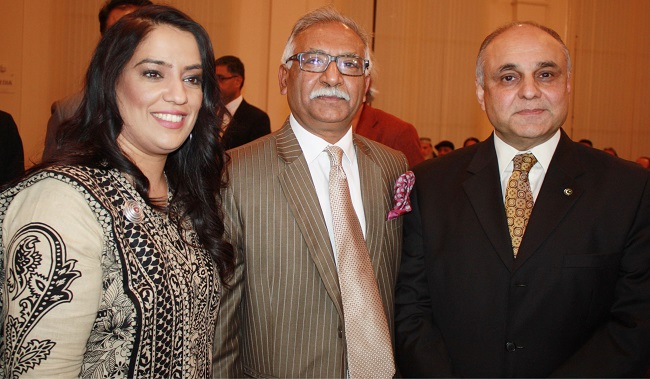UK
Morid Khan Oriakhel – Conviction Quashed – Application by Crown for Retrial Refused

- On this appeal, Ms Collins submitted that the judge made a number of errors which, either individually or cumulatively, rendered the conviction unsafe. First, he referred to the contents of the Defence Statement (the stolen keys defence), which was not in evidence. Secondly, he made unduly prejudicial comments about the contents of the Defence Statement before unnecessarily and unfairly giving a section 34 direction without any prior warning. Third, the judge’s attempt to rectify his error was insufficient and did not cure the prejudice. Fourth, the errors required the judge to discharge the jury. She adds a further point: that the identified errors amounted to an infraction of the appellant’s right to a fair trial under Article 6(2) of the European Convention on Human Rights, which includes the presumption of innocence and the right to silence.
- Mr Merz, for the prosecution, accepted that the judge improperly referred to the Defence Statement and the stolen keys defence, which was not in evidence, and erred in commenting that the appellant had not mentioned the stolen keys defence in this initial report to the police that his car had been stolen, or in police interviews, and had erred in effectively giving a section 34 direction, which was not prefigured in any discussion. However, he submitted that this assisted the defence as there was no explanation before the jury as to how the appellant’s car had been taken without his permission, there being no evidence of damage or hotwiring. The jury had been directed that the facts were for them to determine and the judge clearly rectified the error he had made – a misunderstanding that the appellant was relying on the stolen keys defence mentioned in the Defence Statement. The jury were appropriately directed on section 35 and the burden and standard of proof, and any prejudice caused was reduced by the judge’s correction and fresh direction.
- Mr Merz drew the court’s attention to R v Tufail [2006] EWCA Crim 2879. In that case the judge had inadvertently disclosed matters in the summing-up which had not been adduced during the trial and an application to discharge the jury was refused. In that case, which is cited in Blackstone’s Criminal Practice 2018 at D13.65, the court indicated that the factors to be considered in deciding whether to discharge the jury were: (a) the nature of the judge’s actions to cure the error; (b) the strength of the case against the defendant; and (c) the degree to which the jury were or may have been influenced by it. He submitted that the judge acted promptly to correct the error and that the jury would not have been unduly influenced by it. In addition, he submitted that the evidence that the appellant was well aware of who had his car when he reported it stolen was overwhelming. He could have told the police that he knew who had taken the car, but that would have implicated Majid and Tufan. He acknowledged that a jury note indicating that they were not sure that the appellant knew everything, but submitted that they were sure he knew enough to make him guilty.
- It is clear that the judge made a mistake. He then went on to repeat his mistake as to the nature of the defence and to undermine it. His correction was short and acknowledged his mistake, but it did not cure the error that had been made. The appellant was entitled to have his defence placed before the jury. His defence was that the car had been stolen during the afternoon and evening of 25th March. It did not cure the harm done to the defence simply for the judge to admit that he had made a mistake and remind them that it was for the prosecution to prove the case.
- The judgment in Tufail indicates factors that may be relevant in particular cases where an error is made before the jury. It may often be sufficient to tell the jury to disregard what had been said before them. But the present case was different – at least to this extent. The jury had been told of a defence that had never been advanced and which was subjected to adverse comment by the judge. The jury had been left for the best part of an hour in retirement before a correction was made, which admitted the error and reminded them of the burden and standard of proof but did not remind them of the appellant’s defence as advanced in the prepared statement and at trial.
- In our judgment, the case should have been withdrawn from the jury. We note that when this possibility was raised, it was not opposed by the prosecution, although Mr Merz very properly said that it was a matter for the judge.
- We turn to the prosecution argument that the case against the appellant was strong and that for that reason the conviction should not be regarded as unsafe. We accept that the circumstantial case against the appellant was strong, although Ms Collins has addressed us effectively on the basis that it was not as strong as the prosecution has asserted. She points out that the prosecution relied on contact with Kalantar and Naziri and that Kalantar and Naziri were acquitted of the conspiracy charge.
- In the circumstances we have described, we do not consider that the verdict can be regarded as safe. Accordingly, we quash this conviction. (An application by the Crown for a second retrial was refused)
https://is.gd/jzLtnh





